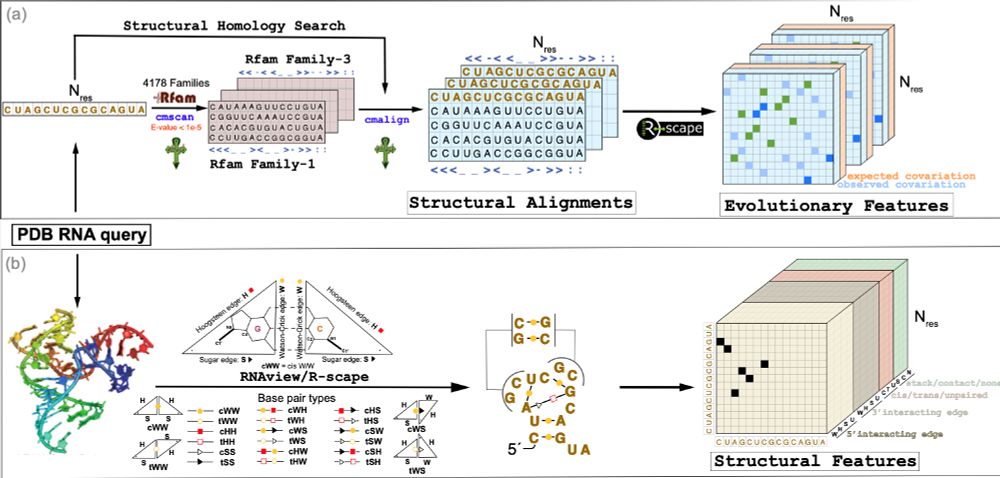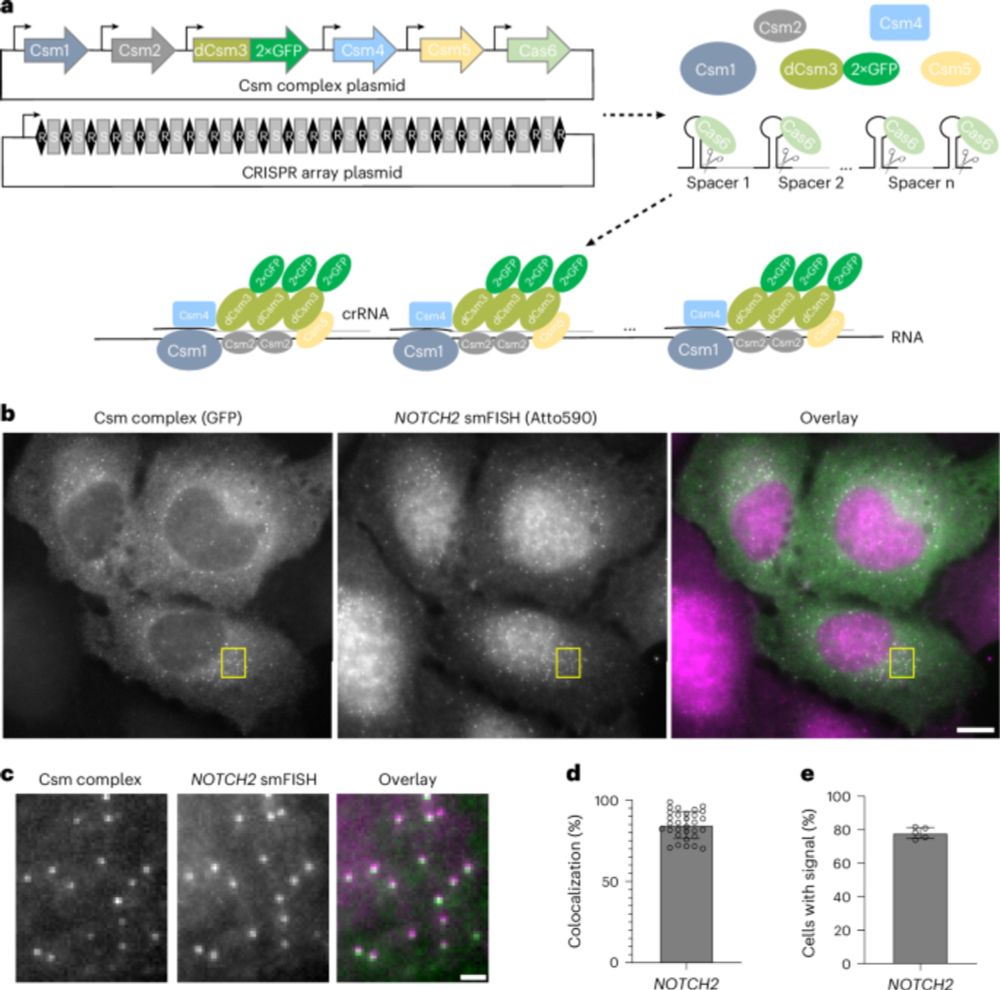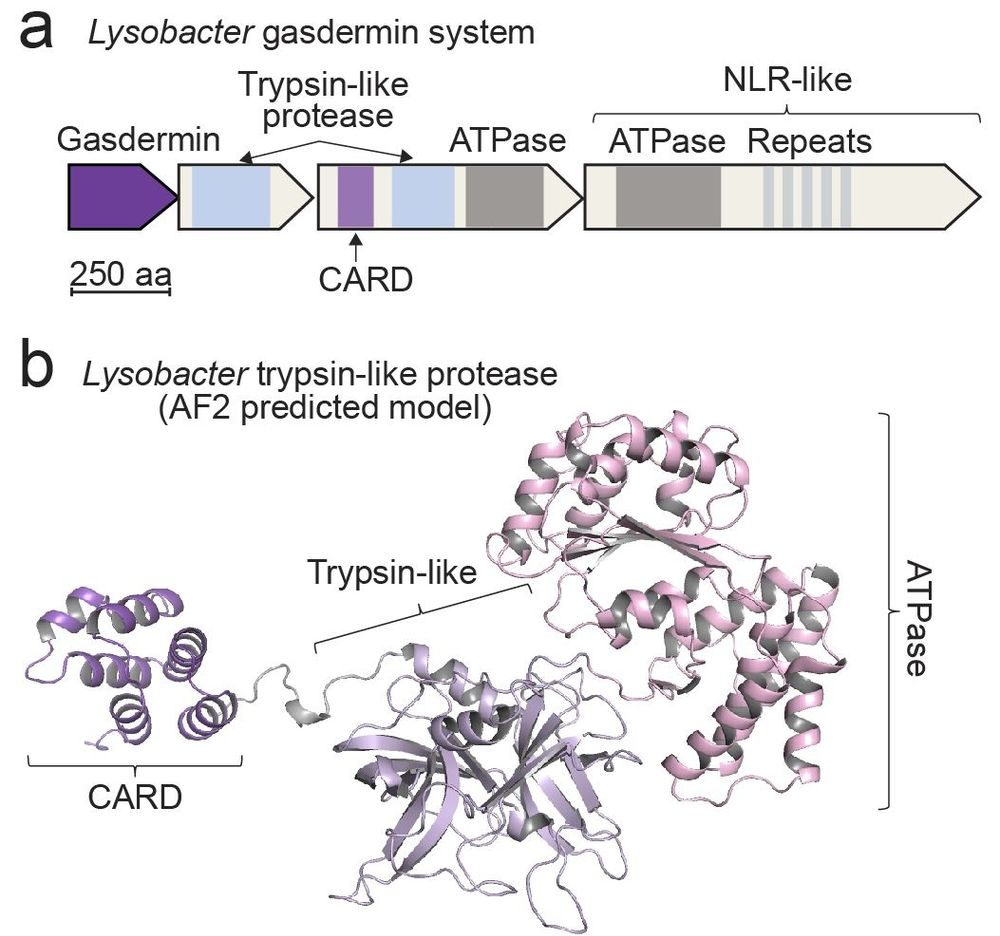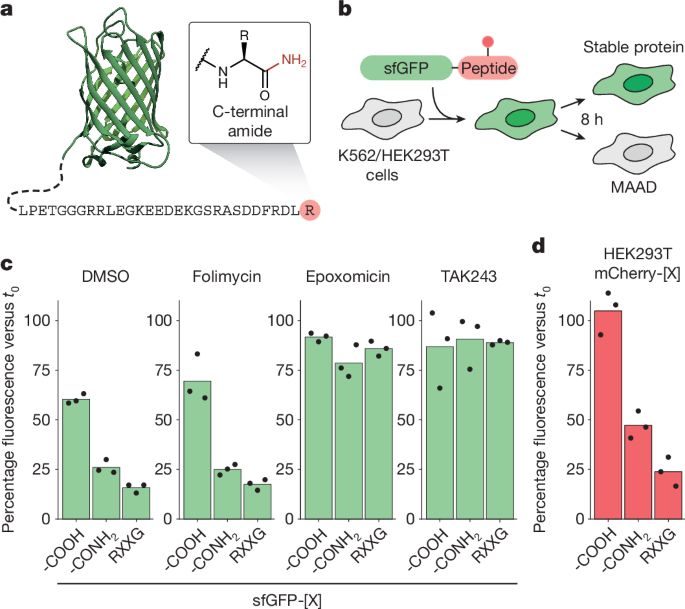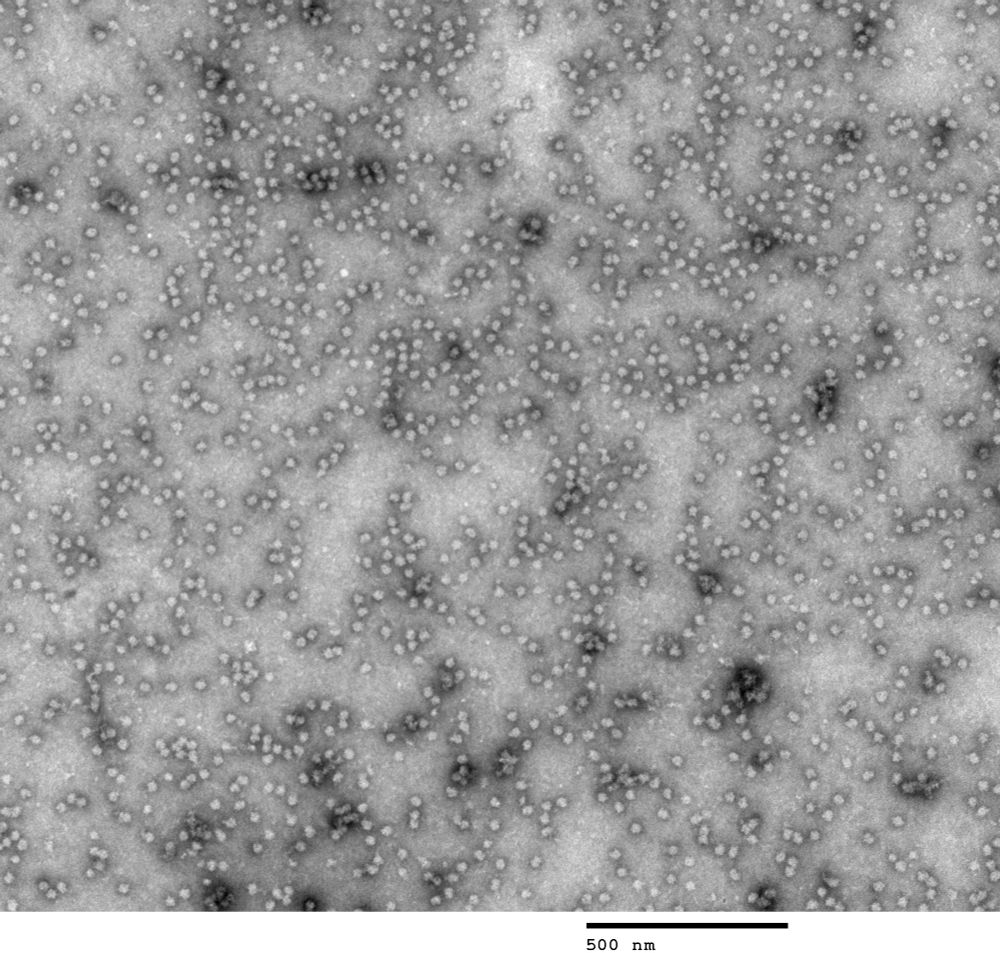Conner Langeberg
@clangeberg.bsky.social
96 followers
120 following
3 posts
RNA, viruses, and everything in between | Postdoc in Doudna and Cate Labs @UCBerkeley
Posts
Media
Videos
Starter Packs
Reposted by Conner Langeberg
Reposted by Conner Langeberg
Nogales Lab
@nogaleslab.bsky.social
· Jul 7
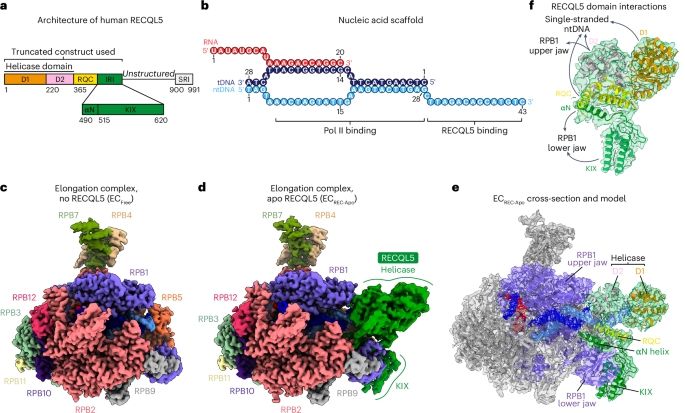
Structural insights into transcriptional regulation by the helicase RECQL5 - Nature Structural & Molecular Biology
Florez Ariza and Lue et al. use cryo-electron microscopy to investigate how the RECQL5 helicase regulates transcription. Their structural findings suggest that RECQL5 can modulate RNA polymerase II’s ...
www.nature.com
Reposted by Conner Langeberg
Conner Langeberg
@clangeberg.bsky.social
· May 15

Tick-borne flavivirus exoribonuclease-resistant RNAs contain a double loop structure - Nature Communications
Many flaviviruses generate specialized non-coding RNAs that resist degradation by host exonucleases, promoting viral infection. Here, the authors characterize an RNA element in Powassan virus, highlig...
www.nature.com
Reposted by Conner Langeberg
Erin Doherty
@erinedoherty.bsky.social
· Mar 31

A miniature CRISPR-Cas10 enzyme confers immunity by an inverse signaling pathway
Microbial and viral co-evolution has created immunity mechanisms involving oligonucleotide signaling that share mechanistic features with human anti-viral systems. In these pathways, including CBASS a...
www.biorxiv.org
Reposted by Conner Langeberg
Reposted by Conner Langeberg
Reposted by Conner Langeberg
Reposted by Conner Langeberg
Conner Langeberg
@clangeberg.bsky.social
· Feb 10
Reposted by Conner Langeberg
Eugen Pfeifer
@eugenpfeifer.bsky.social
· Feb 10

Third-generation cephalosporin antibiotics induce phage bursts in the human gut microbiome.
The use of antibiotics disrupts the gut microbiota, potentially leading to long-term health issues and the spread of resistance. To investigate the impact of antibiotics on phage populations, we follo...
doi.org
Reposted by Conner Langeberg
Reposted by Conner Langeberg
Reposted by Conner Langeberg
Reposted by Conner Langeberg
Reposted by Conner Langeberg
Reposted by Conner Langeberg
Nature
@nature.com
· Jan 30

CARD domains mediate anti-phage defence in bacterial gasdermin systems - Nature
Caspase recruitment domains (CARDs) are present in defence systems that protect bacteria against phage, where the bacterial CARD domain is essential for protease-mediated activation of bacterial gasdermins that promote cell death.
go.nature.com
Reposted by Conner Langeberg
Landon Getz
@landongetz.bsky.social
· Jan 27
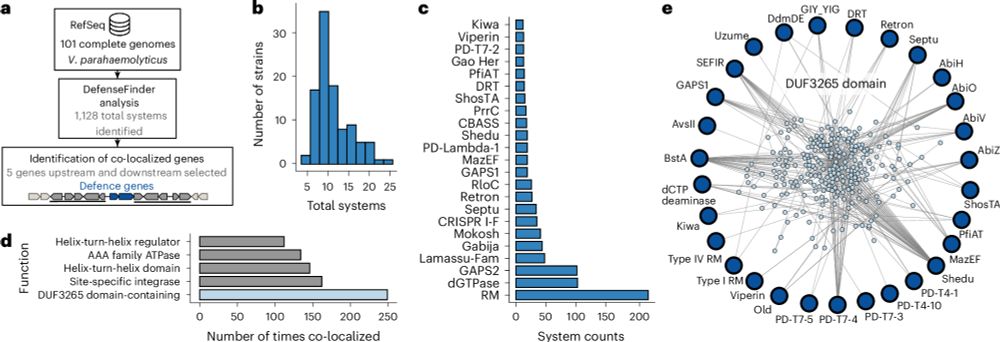
Integrons are anti-phage defence libraries in Vibrio parahaemolyticus
Nature Microbiology - Integrons are genetic elements that capture and store gene cassettes in Vibrio species. Bioinformatic and molecular techniques show that these regions can be hotspots of phage...
rdcu.be




